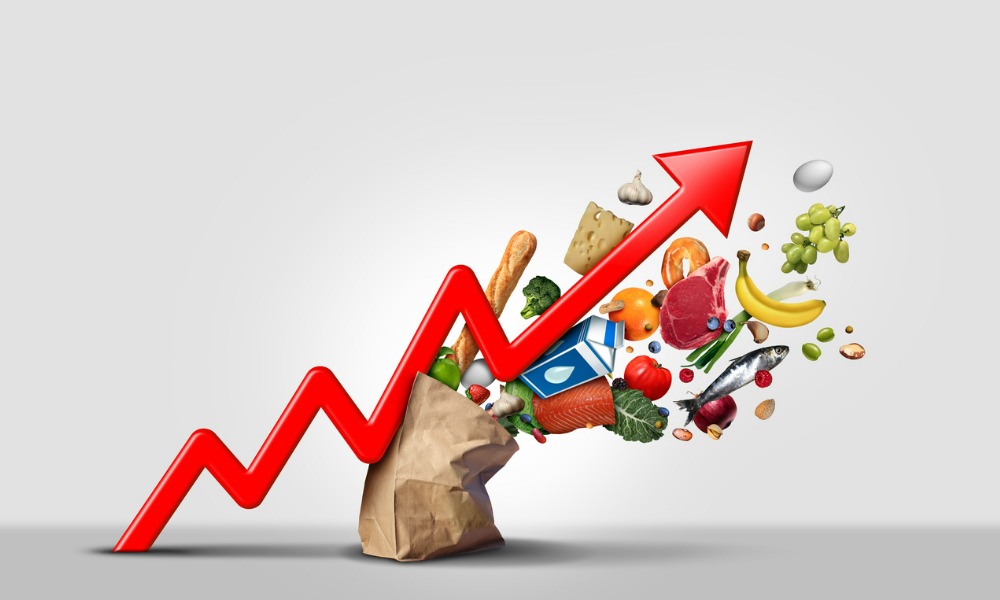38% of Canadians perceive extreme inequality as living costs rise, driven by political affiliations

In a special report by the Financial Post, Scott Schieman, Jiarui Liang, and Alexander Wilson discuss the growing perception of inequality in Canada.
They describe a society with “a small elite at the top, very few people in the middle and a great mass of people at the bottom.” A significant share of the population believes this reflects the current state of Canadian society.
From 2019 to 2024, the authors tracked perceptions of inequality through annual national surveys, amassing data from more than 20,000 Canadians in their University of Toronto Canadian Quality of Work and Economic Life Study.
Using the International Social Survey Programme’s Social Inequality Module, they measured perceived inequality by showing respondents five types of societies with different levels of inequality. Respondents were asked which type they believed Canada most resembled.
Type A, the most extreme level of inequality, shows a small elite at the top, a few people in the middle, and a great mass at the bottom. From there, the depictions become less severe.
Type C resembles a pyramid, with fewer people at the bottom. Most people prefer Type D, a society with most people in the middle.
Last year, the authors discovered a spike in perceptions of extreme inequality. In 2019, 19 percent thought Canada most resembled Type A; by 2023, 32 percent believed it did. This trend continued, and by May 2024, 38 percent saw Canada as Type A, marking a 19-percentage point increase in five years.
The data reveal striking differences across political orientations. In 2019, 17 percent of both Conservative and Liberal voters said Canada had extreme inequality. By 2024, 41 percent of Conservative voters and 31 percent of Liberal voters believed Canada resembled Type A.
NDP voters have typically characterized Canada as having extreme levels of inequality, with a 14-percentage point increase among Liberal and NDP voters since 2019, compared to an unprecedented 24-point increase among Conservative voters.
The rising cost of living is a major factor in these perceptions. The overall share of respondents who said their experience of the cost of living became “much worse” jumped from 28 percent in 2019 to 49 percent in 2023 and stabilized at 50 percent in 2024.
Divergence by political orientation is evident here as well. Perceptions of a severely worsening cost of living spiked for Liberal and NDP voters between 2019 and 2023 and levelled off in 2024, while Conservative voters saw a further six-point increase from 2023.
In 2023, following the United States Federal Reserve’s 2022 Survey of Household Economics and Decisionmaking, the authors started tracking perceptions of the economy using the question: “In this country, how would you rate economic conditions today—poor, only fair, good or excellent?”
Over the past year, they found a significant drop in the share of Liberal and NDP voters who describe Canada’s economy as “poor.” In contrast, Conservative voters, who already held a more negative view of the economy in 2023, soured even further.
The perceptions of extreme inequality, rising costs of living, and a poor economy represent a politically lethal bundle of sentiments. On one hand, perceived inequality continues to rise among Liberal and NDP voters, even though their negativity about the cost of living and the economy appears to be stabilizing.
On the other hand, Conservative voters exhibit a more unified and intensifying gloom on all three elements.
Collective pessimism about inequality will likely continue to intensify due to the psychological scars associated with the sharp rise in the cost of living. Since tracking began, almost no one, regardless of political affiliation, has reported an improving cost of living.
For many, the cost of living staying the same translates to “stayed bad.” Improving perceptions of inequality will require Canadians to feel significantly better about the cost of living.
Turning that ship around will be challenging. Even if perceptions improve, experiences will likely depend on political affiliations and leadership.



